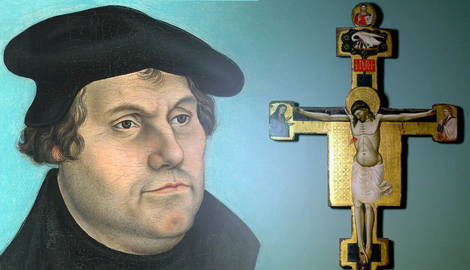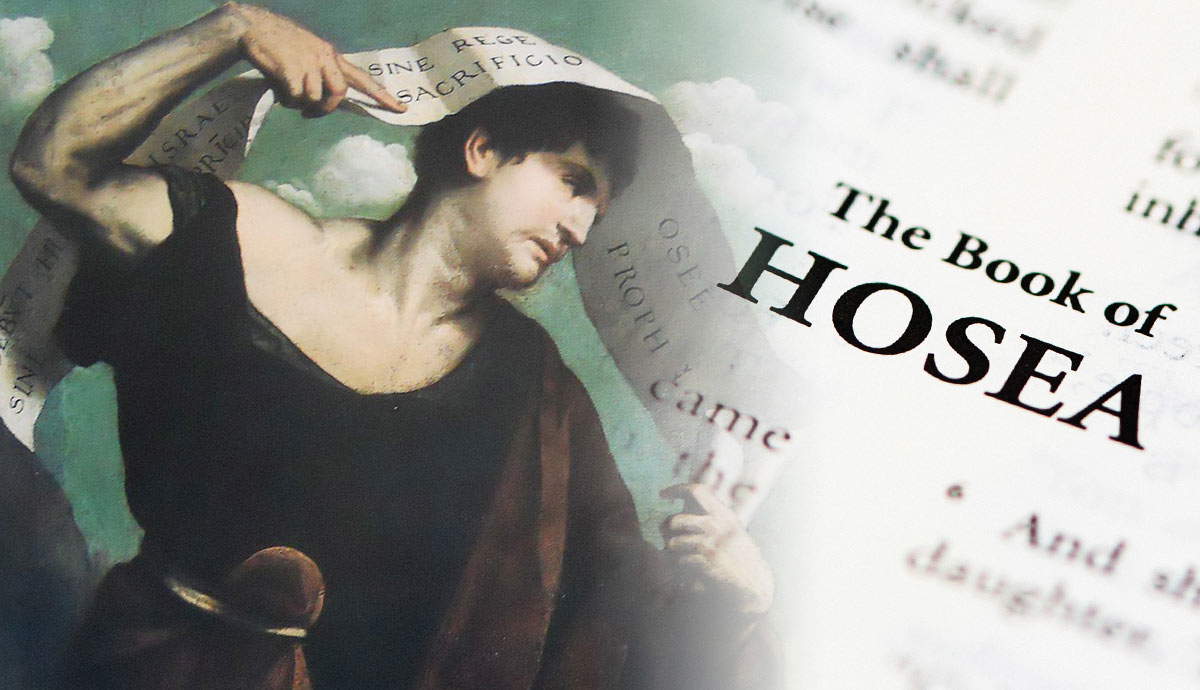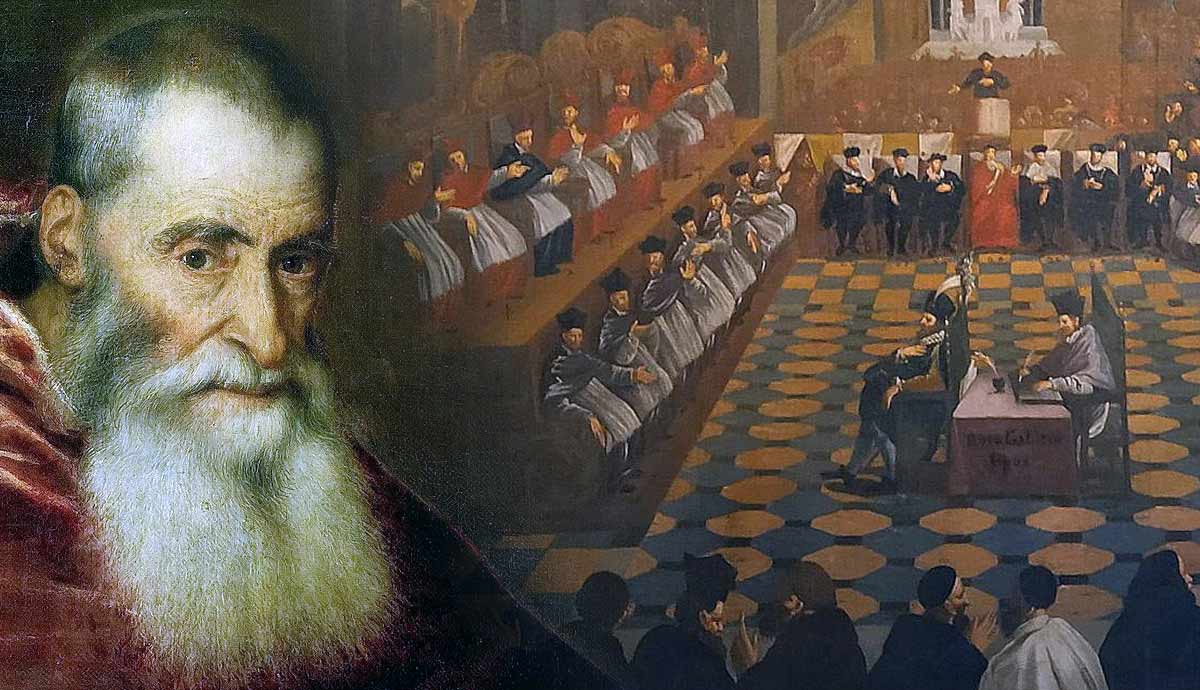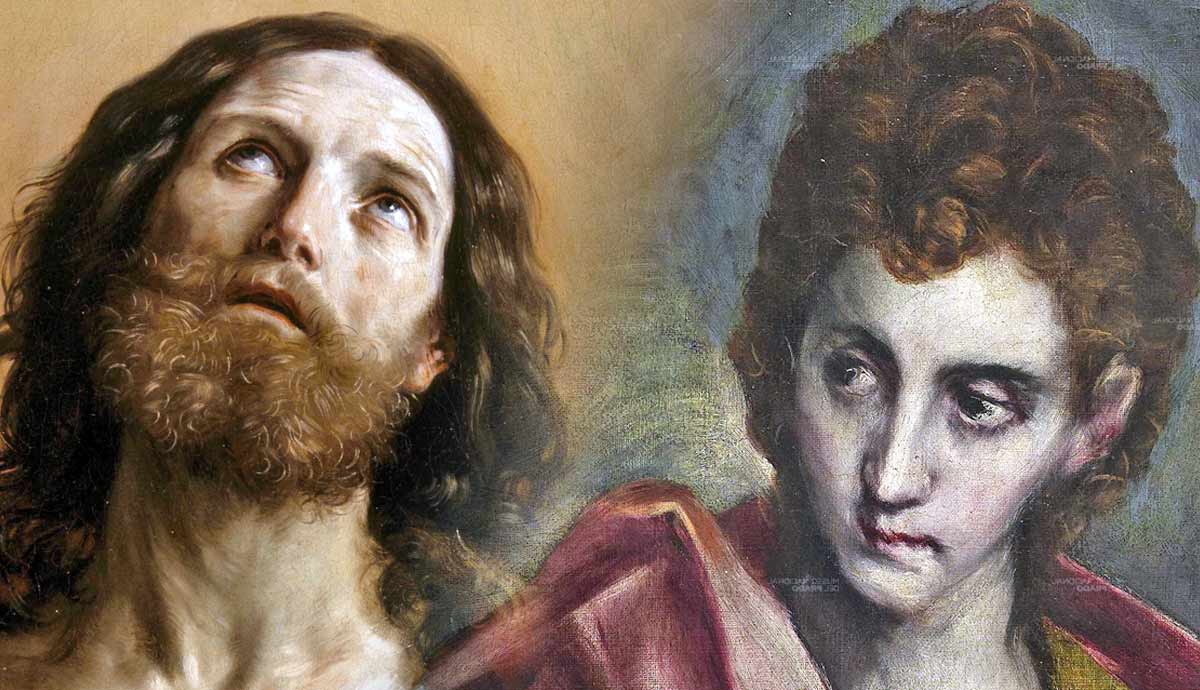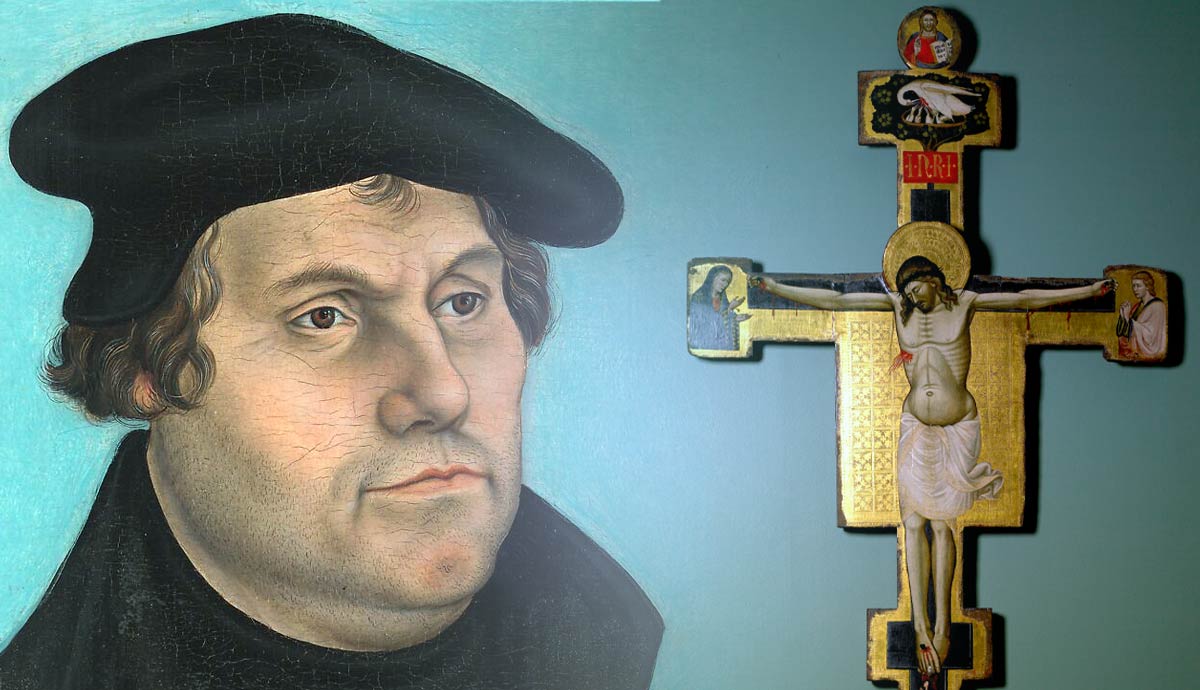
The doctrine of justification is among the most important doctrines of the Christian faith. Expressed through the proper distinction between the Law and the Gospel, it was in fact so important that the great German reformer Martin Luther risked his very life for his understanding of it. His many theological enemies, through both overt and covert means, attempted to stomp out Luther’s reform of the Catholic Church.
Although Luther and his reform movement were able to drop anchor, endure the onslaught, and establish themselves as a real entity, the attacks continued both on the Roman front and also from the radical wing of the Reformation. Thus, with each generation that has passed since the reading of the Augsburg Confession, the church of the Lutheran Reformation continues to uphold Luther’s understanding of justification to this day.
Becoming a Monk

Growing up, Luther never initially intended to be the earth-moving reformer he turned out to be. In fact, it was his father’s desire that Luther would study law and become a successful lawyer. However, after a brush with death during an intense storm, Luther’s trajectory completely changed as he traded his career in law for a friar’s woolen tunic to the despair of his father. Luther made good on his promise to St. Anne to become a monk in exchange for sparing his life in the storm — but little did Luther know St. Anne would have much bigger plans for his life than he could ever have imagined.
In July of 1505, Luther left the study of law and joined the mendicant order of the Hermits of Saint Augustine in Erfurt (Thuringia). This order was known for its strict observance, and Luther famously wrestled with the demands of the monastic life — along with the contemplative questions that come along with a life of asceticism. Luther’s time in the monastery was turbulent, but it is here that his acute theological mind would begin to refine itself.
Overwhelmed by the Majesty of God

A well-known story illustrating Luther’s experience in the monastery was that of his performing his first mass. Here, during the high point of the ritual, the Verba, Luther found himself frozen, trembling, and unable to speak or move. Here, he had been overcome by what he perceived to be the eternal grandeur of the great and living God. This overarching insecurity before God is what would prompt Luther’s exploration in his time at the monastery.
This extreme consciousness of the overwhelming holiness and majesty of God tortured Luther’s conscience. He was known to have spent six hours at a time in the confessional, pouring over his sins only to immediately return to the booth when he remembered a sin he had forgotten.
Luther was so tormented over his sins that his father’s confessor at the monastery, Johann Von Staupitz, suggested Luther have a little change of scenery, sending him to Rome as an emissary of the Augustinian order. With Rome being the very pinnacle of spirituality for many Christians, Luther dutifully took up this opportunity.
Rome Disappoints

Luther took off for Rome in 1510, eager to use this time for spiritual devotion and further reflection. He greatly looked forward to this destination, expecting to find many opportunities to grow in faith. To his horror, what he found was the exact opposite — a cesspool of debauchery and swindlers. Sacrilege was rampant among both the laity and the clergy. For Luther, Rome was anything but a spiritual oasis.
Despite his reservations and his confusion over what he found, he decided to take advantage of the time he had there, by venerating all the relics he could as well as taking advantage of an indulgence issued by the Pope — ascending Pilate’s staircase while reciting the Lord’s Prayer at each step. Here, Luther is said to have had his breakthrough as he recalled his study of the sacred scriptures in contrast to what he found himself doing upon this staircase.
The Just Shall Live by Faith

Luther returned from Rome perhaps in even worse spiritual shape than he left. His outlook became very bleak, negative, and even cynical. If even Rome had no answers, what was he to do? Sensing Luther’s existential torment and being aware of Luther’s many gifts, it was suggested he begin teaching the Bible at the newly established University in Wittenberg. Here he had earnestly studied the writings of St. Paul, specifically the letters to the Romans and the Galatians. It is in this context that Luther began to dive deeply into St. Paul’s understanding of the righteousness of God and his mercy toward sinners in Jesus Christ.
Luther became especially fixated upon a single verse in the first chapter of Romans: “For in it the righteousness of God is revealed from faith for faith, as it is written, ‘The righteous shall live by faith.’”
For Luther, this verse was the key that unlocked the New Testament’s message about the grace of God and the perfect work of Jesus. He writes:
“…there I began to understand that the righteousness of God is the righteousness in which a just man lives by the gift of God, in other words by faith, and that what Paul means is this: the righteousness of God, revealed in the Gospel, is passive, in other words that by which the merciful God justifies us through faith, as it is written, ‘The righteous shall live by faith’” (LW 34:336-337).

As Luther puts it, St. Paul’s message here reveals that God’s disposition toward sinners was not that of an angry and vengeful tyrant who was eager to rain down fire and brimstone upon unsuspecting sinners unable to live up to his standard, but that of a loving and kind Father who wishes to bestow righteousness upon human beings as a free gift in Christ Jesus. It is accessed not by continual striving, but through the gift of faith. To be sure, we are all born with the stain of original sin, but that is not the whole story.
In this, Luther began to see all of the other scriptures illuminated and explained by this truth. He notes, “at this I felt myself straightway born afresh and to have entered through the open gates into paradise itself.”
Justification by Faith Alone

For Luther, the idea of justification by faith alone can be boiled down to the question of how fallen and sinful human beings can be reconciled to a perfect and holy God. For him, the two ideas were oil and water or fire and ice. How could God who is perfect look favorably upon the imperfect? How can a sinful person possibly work his way into perfect righteousness? Are not even our good works tainted by our impure motive, as the prophet Isaiah warned? Does God’s law not condemn the sinner to death?
These questions seriously vexed Luther and propelled his resolve to find rest for his sensitive conscience. In his pouring over the scriptures, he began to see that God justifies sinners not upon the basis of their striving or good works, but upon the basis of his loving-kindness through the redemptive life and work of Jesus.
Through his studies of the Bible and thinkers like St. Augustine and Bernard of Clairvaux, Luther began to understand salvation as a pure and total gift, received extra nos, that is, entirely outside of oneself. It is grasped not by works but entirely sola fide, by faith alone. As he says in On Christian Liberty, “For the Word of God cannot be received and honored by any works, but by faith alone. Hence it is clear that as the soul needs the Word alone for life and justification, so it is justified by faith alone and not by any works. For if it could be justified by any other means, it would have no need of the Word, nor consequently of faith” (Kilcrease & Lutzer, 2017, pg. 18).
Martin Luther and Faith Alone

In the previous five centuries, it is difficult to think of a single person with a more radical impact on Christian faith and practice—and the greater world at large—than Martin Luther. His influence and persona still tower over Western Christendom. Today, Lutheran Christianity is still practiced worldwide and boasts around 80 million adherents.
What started for Luther as an existential crisis has blossomed into a fruitful Christian denomination and his understanding of the doctrine of justification continues to captivate and comfort theologians and laypeople alike. Thus, even non-Lutherans can learn much from Luther about the strength of the courage of conviction and the relentless pursuit of truth.
Bibliography
Kilcrease, J. D., & Lutzer, E. W. (2017). Martin Luther in his own words: Essential Writings of the Reformation. Baker Books.
Luther, M. (1960). Career of the Reformer IV. Fortress Press.
